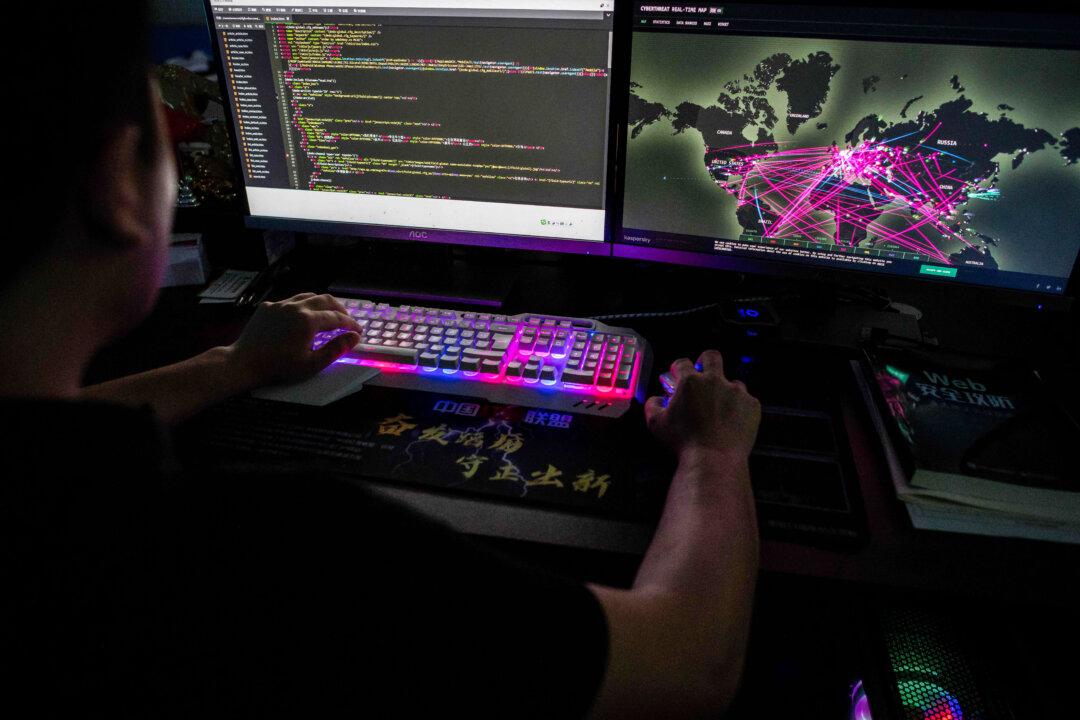Chinese hackers penetrated Japan’s national internal network system, used by diplomats to transmit confidential government documents, two years ago. The breach potentially exposed a vast amount of sensitive information. In response, Japan has joined forces with the United States to bolster its cyber defenses.
The incident is part of a broader pattern, with Chinese cyber operatives frequently targeting not only the United States but also the Netherlands, the Philippines, and other nations. According to American cybersecurity authorities, China currently poses the world’s most significant cyber threat.





